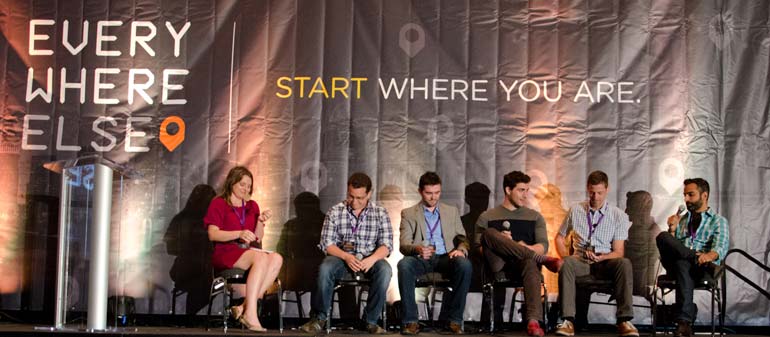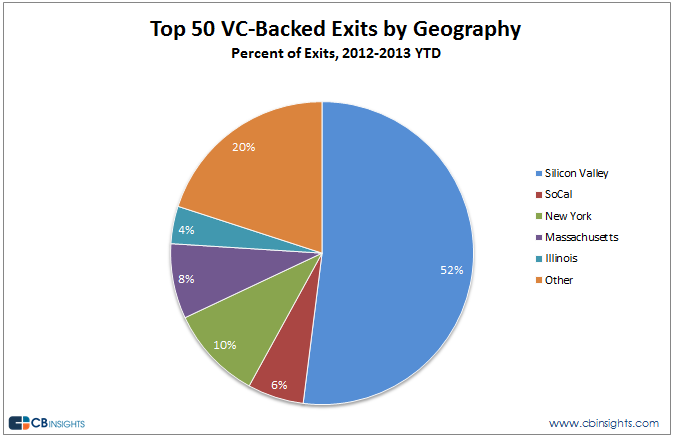When the financial system imploded in 2008, many people found themselves suddenly without a job. What do you do when you’re unemployed and have no prospects?
Freelance, of course! It’s no longer uncommon to find freelance designers, developers, writers, photographers, and so on. Some estimates believe a full 40% of Americans will be freelancers by 2020.
However, when you think about the professions that lend themselves to freelancing, they’re all creative. And creative people don’t necessarily love the parts of the business that require detailed systems. Lead generation, pitching and proposals, invoicing, and payments can all be overwhelming to a lot of freelancing professionals.
As a former freelancer, I was super excited to hear about Motiv, a web app that handles all those things for you. As I looked around the site, I was even more enthused. All those necessary (boring!) parts of freelancing have a home and a system already built in. While there are plenty of programs that tackle a certain task–like invoicing–there’s nothing that combines the whole back office into one place.
It’s one of those solutions that is so simple, you can’t believe it’s not already a thing.
Founder Dylan Feltus told us all about Motiv:
What’s your startup called?
Our startup’s name is Motiv! Pronounced like “motive.”
What does your company do?
Motiv is a proposal and contract application specifically for freelancing professionals across all creative industries. Freelancers have the ability to create proposals and contracts in just minutes with professional templates and unique content specific to their niche. Motiv also has an invoicing system that allows for easy payments.
Who are the founders and what are their backgrounds?
The Founder of Motiv is Dylan Feltus; a young freelance Web Designer who saw firsthand the struggle freelancers face when creating proposals and contracts
Where are you based?
Motiv is based out of sunny Sarasota, Florida!
What’s the startup scene like where you are based?
While there aren’t many startups, we love the overall energy that Sarasota has. Everyone is open and always interested in hearing new ideas. It’s a fun place to be!
What problem do you solve?
We solve a problem every freelancer faces; having to spend a significant amount of time preparing proposals for potential jobs and preparing legal contracts hoping they’ve done enough to cover themselves. Motiv solves both of these problems by cutting proposal creation in half and potentially more with saved proposal sections. Our contracts are created by professionals and specific to the freelancer’s niche.
Why Now?
There’s never a better time than the present and as more and more professionals take the plunge from leaving the day to day grind of corporate life and head into the freelancing world – arming them with the right tools from the start is critical.
What are some of the milestones we’ve already reached?
We’ve recently celebrated the launch of our software to the general public! It’s been a crazy ride and we’ve loved every minute of it.
What are our next milestones?
With a successful site launch under our belt, we look to expand and offer native iOS and Android mobile apps for freelancers on the go. In addition to a mobile app, we soon plan to offer a White Label feature and a more comprehensive billing section that includes tools like time and expense trackers.
Where can people find out more? Any social links?
Please head to our main site to watch our video and learn more about the startup at: www.motivapp.com
Google+:
https://plus.google.com/u/0/b/
Twitter: https://twitter.com/Motiv_App
Instagram: http://instagram.com/motivapp_
Facebook: https://www.facebook.com/




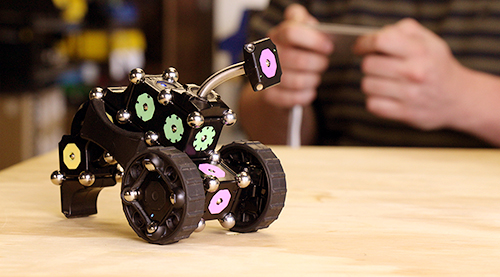


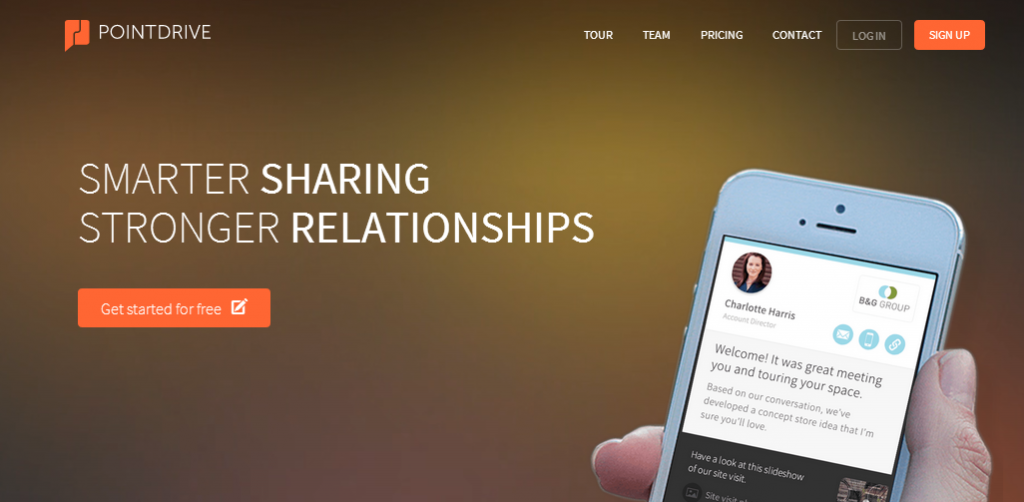
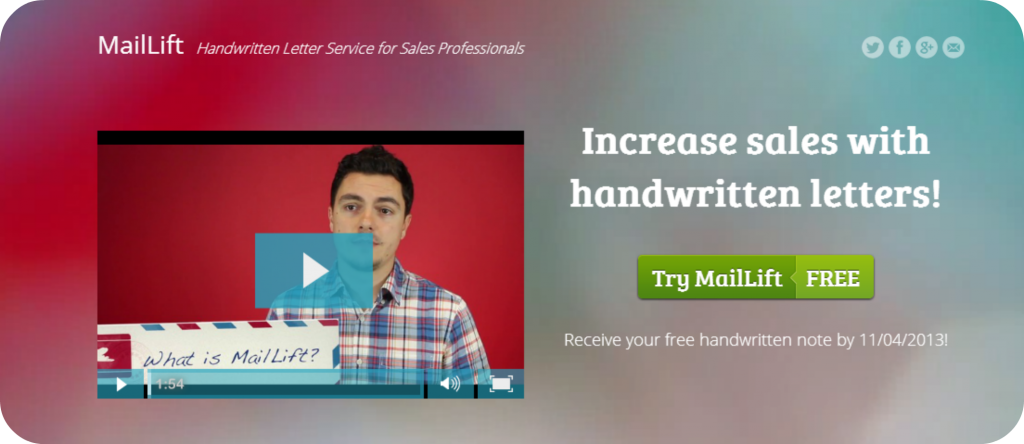

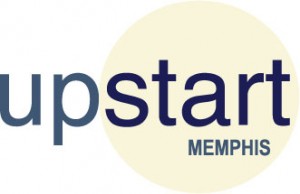
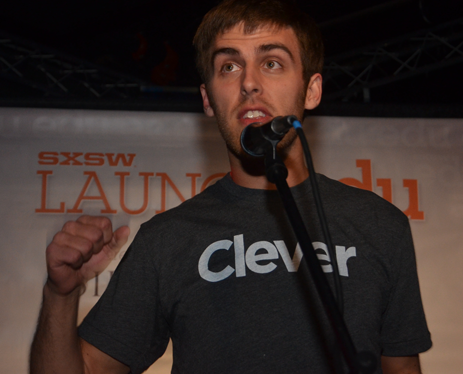
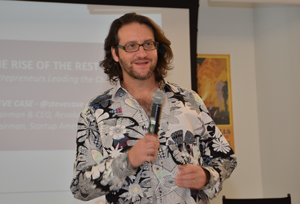

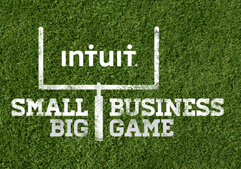
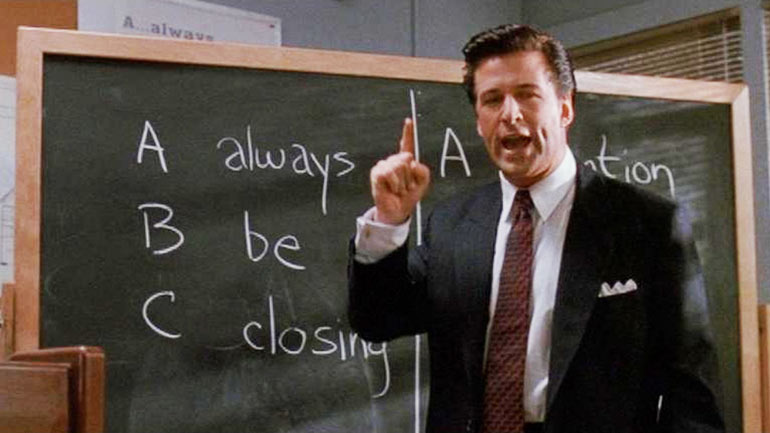
 “Although it is historical fiction, Forrest Gump is one of my favorite inspirational movies that has entrepreneurial ties. My takeaway is that everyone has challenges that they have to overcome in life, but how you respond to them is what separates the people who succeed from those who don’t. Also, it is important to persevere and take advantage of unique opportunities presented to you.”
“Although it is historical fiction, Forrest Gump is one of my favorite inspirational movies that has entrepreneurial ties. My takeaway is that everyone has challenges that they have to overcome in life, but how you respond to them is what separates the people who succeed from those who don’t. Also, it is important to persevere and take advantage of unique opportunities presented to you.” “I always watch Twister with a sense of awe. Yes, it’s fiction, but the idea that you believe so much in a solution to risk life and limb to get it out there is inspiring. Throughout the film, they continually test and adapt the solution until it finally works. I may not be putting my solution in front of a tornado, but it’s that level of dedication I’m striving towards.”
“I always watch Twister with a sense of awe. Yes, it’s fiction, but the idea that you believe so much in a solution to risk life and limb to get it out there is inspiring. Throughout the film, they continually test and adapt the solution until it finally works. I may not be putting my solution in front of a tornado, but it’s that level of dedication I’m striving towards.” “This movie talks about Coco Chanel and her journey to starting her company. The true takeaway is that you never know what’s going to work in your business, and that sometimes starting with hats will lead to perfume or vice versa. Being uncompromising about your tastes will also lead to having a strong brand.”
“This movie talks about Coco Chanel and her journey to starting her company. The true takeaway is that you never know what’s going to work in your business, and that sometimes starting with hats will lead to perfume or vice versa. Being uncompromising about your tastes will also lead to having a strong brand.” “Zoolander contains the best entrepreneurship wisdom I know: “What is this? A center for ants?…The building has to be at least … three times bigger than this!” It’s a great lesson in remembering your dreams should be at least three times bigger than what you originally thought – and that they’ll be at least three times as much work!”
“Zoolander contains the best entrepreneurship wisdom I know: “What is this? A center for ants?…The building has to be at least … three times bigger than this!” It’s a great lesson in remembering your dreams should be at least three times bigger than what you originally thought – and that they’ll be at least three times as much work!” “Dave is a classic Kevin Kline movie where he stands in as the President. As the chief, he needs to lead a massive organization: he has to find his own leadership style, rally a team and make compromises on his vision. The most relevant takeaway: he’s successful specifically because he has an outside opinion. Startup success relies on being open-minded and re-examining the way things are done.”
“Dave is a classic Kevin Kline movie where he stands in as the President. As the chief, he needs to lead a massive organization: he has to find his own leadership style, rally a team and make compromises on his vision. The most relevant takeaway: he’s successful specifically because he has an outside opinion. Startup success relies on being open-minded and re-examining the way things are done.” “No, I’m not encouraging or condoning anyone who commits fraud, violates SEC regulations, or acts like a sociopath. However, that does not mean there aren’t some great things for entrepreneurs in the movie. One positive takeaway from Boiler Room is Seth’s relentless hustle and scrappiness. He just crushes through problems (both good and bad) and get’s stuff done!”
“No, I’m not encouraging or condoning anyone who commits fraud, violates SEC regulations, or acts like a sociopath. However, that does not mean there aren’t some great things for entrepreneurs in the movie. One positive takeaway from Boiler Room is Seth’s relentless hustle and scrappiness. He just crushes through problems (both good and bad) and get’s stuff done!” “From the greatest book ever written, there are lots of movie adaptations, but the 1972 version with Sophia Loren is best. What better representation of an entrepreneur than an idealist who sets out to revive some important value in the world while the world thinks he’s crazy? Through a series of entrepreneurial “adventures.” he comes to greater realizations about life, love, meaning and value.”
“From the greatest book ever written, there are lots of movie adaptations, but the 1972 version with Sophia Loren is best. What better representation of an entrepreneur than an idealist who sets out to revive some important value in the world while the world thinks he’s crazy? Through a series of entrepreneurial “adventures.” he comes to greater realizations about life, love, meaning and value.” “A film I particularly enjoyed is called Startup.com, which chronicles the short history of the failed website govWorks.com. This site was created to provide citizens an easy way to pay traffic tickets to municipal governments, among other things. The film teaches you that you can’t launch a business based solely on an idea; you must do thorough research it to see if it’s viable and can last.”
“A film I particularly enjoyed is called Startup.com, which chronicles the short history of the failed website govWorks.com. This site was created to provide citizens an easy way to pay traffic tickets to municipal governments, among other things. The film teaches you that you can’t launch a business based solely on an idea; you must do thorough research it to see if it’s viable and can last.” “Andy Dufrense is an entrepreneur, even if it’s not obvious: he grows a small tax preparation business inside prison walls into a library and education system into a full-fledged successful prison break. The scene that sticks with me is when Dufrense finds out that his letter writing campaign has paid off — he responds that he’s going to write even more letters, just like a good founder would.”
“Andy Dufrense is an entrepreneur, even if it’s not obvious: he grows a small tax preparation business inside prison walls into a library and education system into a full-fledged successful prison break. The scene that sticks with me is when Dufrense finds out that his letter writing campaign has paid off — he responds that he’s going to write even more letters, just like a good founder would.” “Your great idea will strike in the midst of a challenge. Classic Diane Keaton, career-driven new mom in the ’80s, quits her demanding job to focus on a baby. While in the midst of her breakdown, she discovers an unserved market with a huge demand in natural baby food. The lesson to take away is that opportunities are everywhere – if you’re paying attention!”
“Your great idea will strike in the midst of a challenge. Classic Diane Keaton, career-driven new mom in the ’80s, quits her demanding job to focus on a baby. While in the midst of her breakdown, she discovers an unserved market with a huge demand in natural baby food. The lesson to take away is that opportunities are everywhere – if you’re paying attention!”